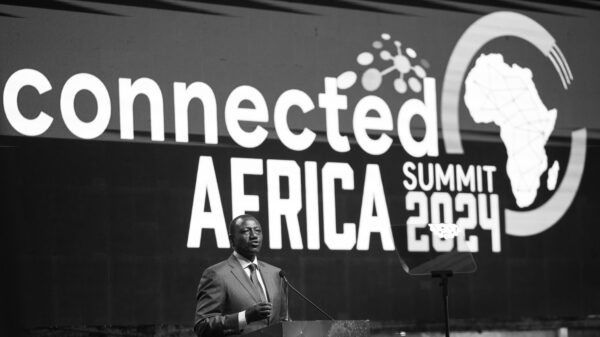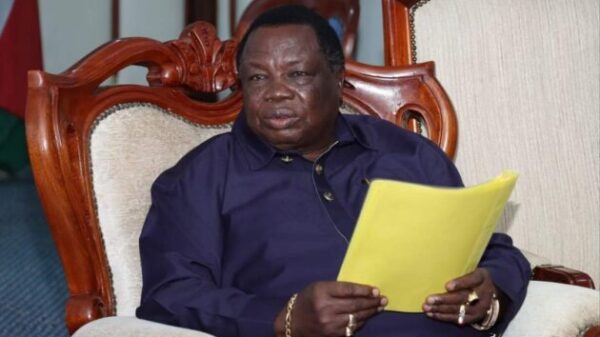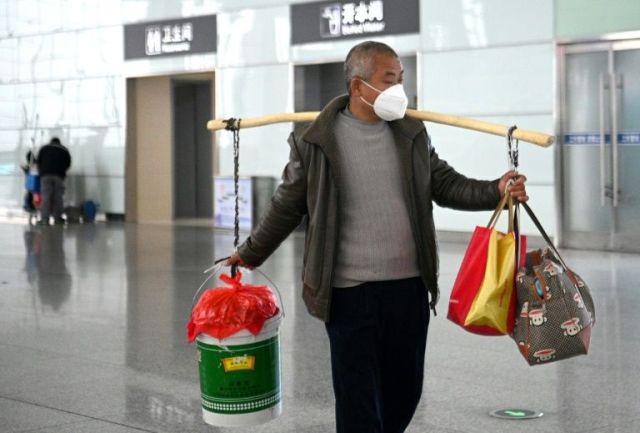CHINA, September 17 – The United States and China announced Tuesday a raft of trade agreements at the end of bilateral trade talks amid a faltering US economy buffeted by a financial crisis.
The talks coincided with plunging global financial markets as US insurance giant AIG faced collapse and after investment bank Lehman Brothers went bankrupt, forcing central banks to inject tens of billions of dollars into the stressed banking system.
US Commerce Secretary Carlos Gutierrez highlighted China\’s agreements to commit to a single set of standards on a range of health-care products and work more closely with the US to prevent contaminated pharmaceutical ingredients.
"That\’s going to save a lot of time and money" for US companies, he said at a news conference.
Gutierrez underscored the public safety benefits of the agreement on active pharmaceutical ingredients, in the wake of tainted imported Chinese drug and product recalls.
China agreed to make a "stepped-up effort" to control against contamination and "make sure these products don\’t get exported," he said.
Gutierrez and US Trade Representative Susan Schwab hosted Chinese Vice Premier Wang Qishan at the one-day meeting at the Richard Nixon presidential library in Yorba Linda.
The two US officials co-chaired the talks with Wang, who heads Chinese economic and trade affairs.
US Secretary of Agriculture Edward Schafer also participated in the session.
The meeting was the 19th of the US-China Joint Commission on Commerce and Trade (JCCT), a 25-year-old bilateral dialogue usually held in the countries\’ capitals.
The venue recognized the contribution Nixon, who in 1972 was the first US president to visit China since the People\’s Republic of China was established in 1949, made to opening up a dialogue between the Cold War rivals.
Wang, in translated remarks, called the talks a "candid and in-depth exchange of views."
Schafer said China had agreed to lift immediately longstanding import bans on US poultry from six states: Connecticut, Nebraska, New York, Pennsylvania, Rhode Island and West Virginia.
China had left its avian influenza ban on two states, Schafer said.
Agriculture officials at the meeting said that the US had reported a low-pathogenic form of the bird flu virus, which is not transmittable to humans, in poultry and poultry products as a matter of transparency.
Under internationally accepted standards, that "low-path" virus does not warrant a ban on imports, and if one is imposed, it should not last more than 90 days.
The officials said that China has kept in place its ban on poultry from Arkansas, where it is recent, and from Virginia, where it has been in place for over a year.
The two sides agreed to work jointly to address the two remaining bans.
But the officials failed to reach agreement on China\’s ban on US beef imports, imposed over fears of mad-cow disease. Schafer said the two sides would launch technical talks to try to resolve the dispute.
The Chinese vice premier earlier Tuesday stressed the importance of the business relationship between the world\’s largest economy and China, its second-biggest trade partner and the economic powerhouse of the developing world.
"Against the backdrop of international economic and financial volatilities it is of crucial importance that China and the United States have closer interactions in our economic relations and financial trade," Wang said earlier Tuesday.
Gutierrez noted that exports are "the key driver today" of the US economy, which is battling headwinds from a credit crisis and the worst housing slump in decades.
Because China is "a significant investor" in the US, he said, Wang "was also thinking through the implications and he wants to make sure our relationship is on firm ground and firm footing because he has… a great stake in our success."
Tuesday\’s talks came amid longstanding US concerns about China\’s currency, the yuan, and its bulging trade surplus with the US, which hit a record 256.2 billion dollars in 2007, in bilateral trade that totaled 387 billion dollars.
US Treasury Secretary Henry Paulson and other officials repeatedly have raised the issue of the yuan, which critics say is artificially low to bolster exports, and thus a factor in the loss of US jobs.
The yuan has appreciated by around 20 percent against the dollar since China delinked it from the greenback in July 2005.



































